The writer is Chairperson of Indonesian Ulema Council for the Environment and Natural Resources (LPLH & SDA MUI).
Cleaning the body and clothes and washing hands with water and then using soap will maintain cleanliness and health, thereby reducing transmission of Coronavirus Deseases 19 (COVID-19).
Maintaining a hygienic environment is the first line of defense against the Coronavirus and a large number of other diseases.
One of the effects of Coronavirus outbreak is a sudden surge in water use and demand. In areas where water supply is limited, lack of water can increase the risk of spreading disease.
Also Read: Sheikh Muhammad Amin al-Husseini: The Palestinian Mufti in Indonesia’s Independence History
Handling of COVID-19 and water scarcity are problems that require collective action. There is no more pressing time to overcome the water crisis than it is today, when people are constantly reminded to wash their hands in fighting the spread of the virus.
With the end of the rainy season, we all need to prepare ourselves so that there is enough water both for daily use and for preventing the spread of Coronavirus in the dry season.
Basic Health Research Data – The Ministry of Health shows that around one third of households in Indonesia do not have adequate access to water. The National Development Planning Agency (Bappenas) noted that one in four Indonesians do not yet have access to adequate clean water.
The water crisis has made people vulnerable to disease. However, water is often neglected in budgets and investments because the emphasis on the economic benefits of water and sanitation is not given enough attention. Coronavirus outbreak will provide a different perspective on this matter.
Also Read: Celebrating 200th Java War: Novelty Spirit of 2013 Memory of The World
The government has made efforts to improve, but not yet optimal, because of funding problems. Data from Bappenas shows that the ability of countries to allocate the cost of increasing and improving access to clean water and sanitation in the State Budget (APBN) or Local Government Budget (APBD) infrastructure, is estimated to be only around 10% of the total funds needed.
Recognizing these social problems, the Indonesian Ulema Council (MUI) at the 2015 MUI National Conference in Surabaya was discussed and the MUI Fatwa no. 001/MUNAS-IX/MUI/2015 concerning Utilization of Zakat, Infaq, Alms & Endowments for the Construction of Clean Water and Sanitation Facilities for the Community.
It is hoped that this religious social fund can help the government in meeting the funding needs for the development of access to clean water and sanitation for the community, especially the poor. The implementation of this fatwa was strengthened by the signing of an MoU between Bappenas, MUI, BWI & Baznas on January 10, 2017.
Because most of the people of Indonesia are Muslim, at the end of this rainy season and entering the month of Ramadan it is necessary to carry out activities to maintain the availability of water, especially to combat the Coronavirus:
Also Read: History, Islam, and the Culture of the Kazakhstan: Abai as a National Inspiration
First, save water, by utilizing rainwater by storing it or absorbing it in the soil through infiltration wells or biopores, planting and maintaining trees, making eco-drainage where rain water does not flow out quickly but is allowed to soak in the yard of the house.
Second, saving water, economical in using water in ablution in accordance with the guidance of the Prophet Muhammad, which is about ¾ liter of water, as well as maintaining ablution for the next praying, for example one ablution for Maghrib and Isha. In washing hands to avoid spreading the Coronavirus, turn off tap water for 20 seconds soaping.
Third, take care of water, keep clean water from getting polluted, for example protecting river water by not throwing solid waste or liquid waste into rivers, so that river water can be healthy for the poor.
Fourth, distribution of Religious Social Funds, BAZNAS, LAZ, Mosques and other philanthropic institutions in order to give priority to the provision of clean water and sanitation needed by the community.
Also Read: Boycotting Israeli-Affiliated Products: A Moral Stance and a Form of Supporting Justice
The results of health care efforts, are not only limited to the occurrence of healthy conditions, but have a far wider impact on improving the meaning of life and life itself both individuals and communities, both worldly and ukhrawi aspects. Islamic teachings about worship or mu’amalat are closely related to health care, and vice versa, health care is related to worship.
The teachings of Islam place water not just the health and life of all creatures, but also make it an important means that is crucial for the perfection of one’s faith and the validity of a number of worship activities such as prayer, reading the Quran, tawaf and the like that require the culprit to be holy from all hadas and uncleans .
Fiqh stipulates that the most important and most sacred instrument of hadas and unclean is water, through ablution or bathing (ghusl). (AT/RE1)
Mi’raj News Agency (MINA)
Also Read: 77 Years Since Nakba, Palestinian Population Grows Tenfold






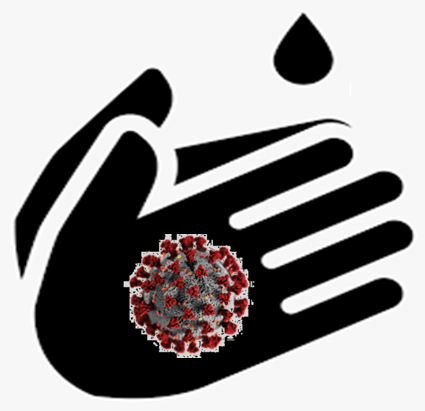


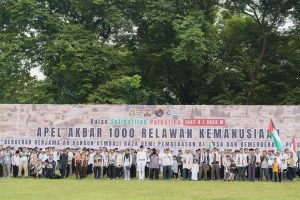
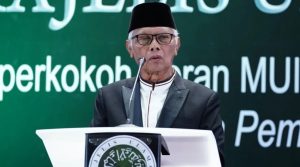


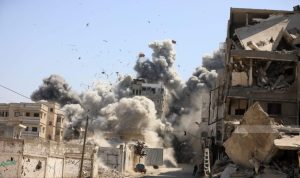

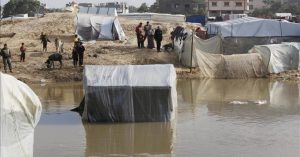
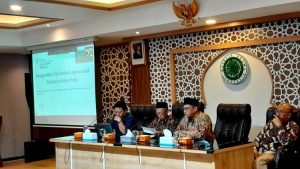
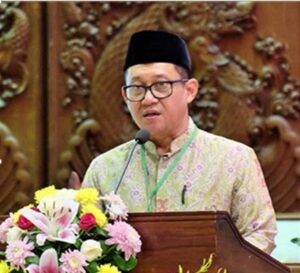
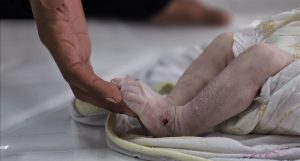
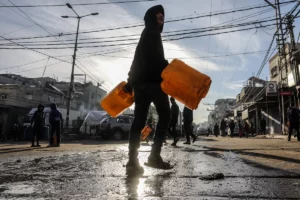
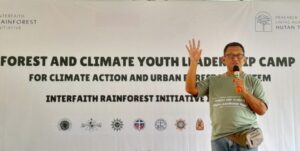












 Mina Indonesia
Mina Indonesia Mina Arabic
Mina Arabic